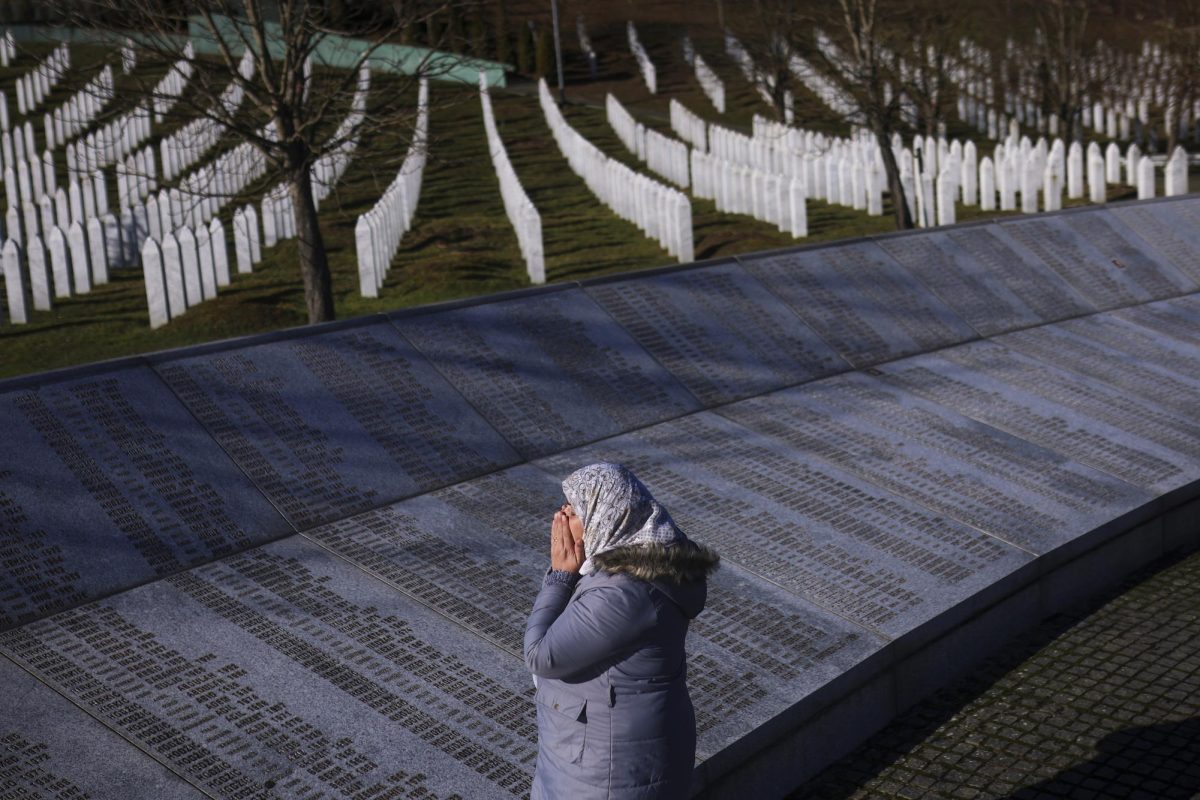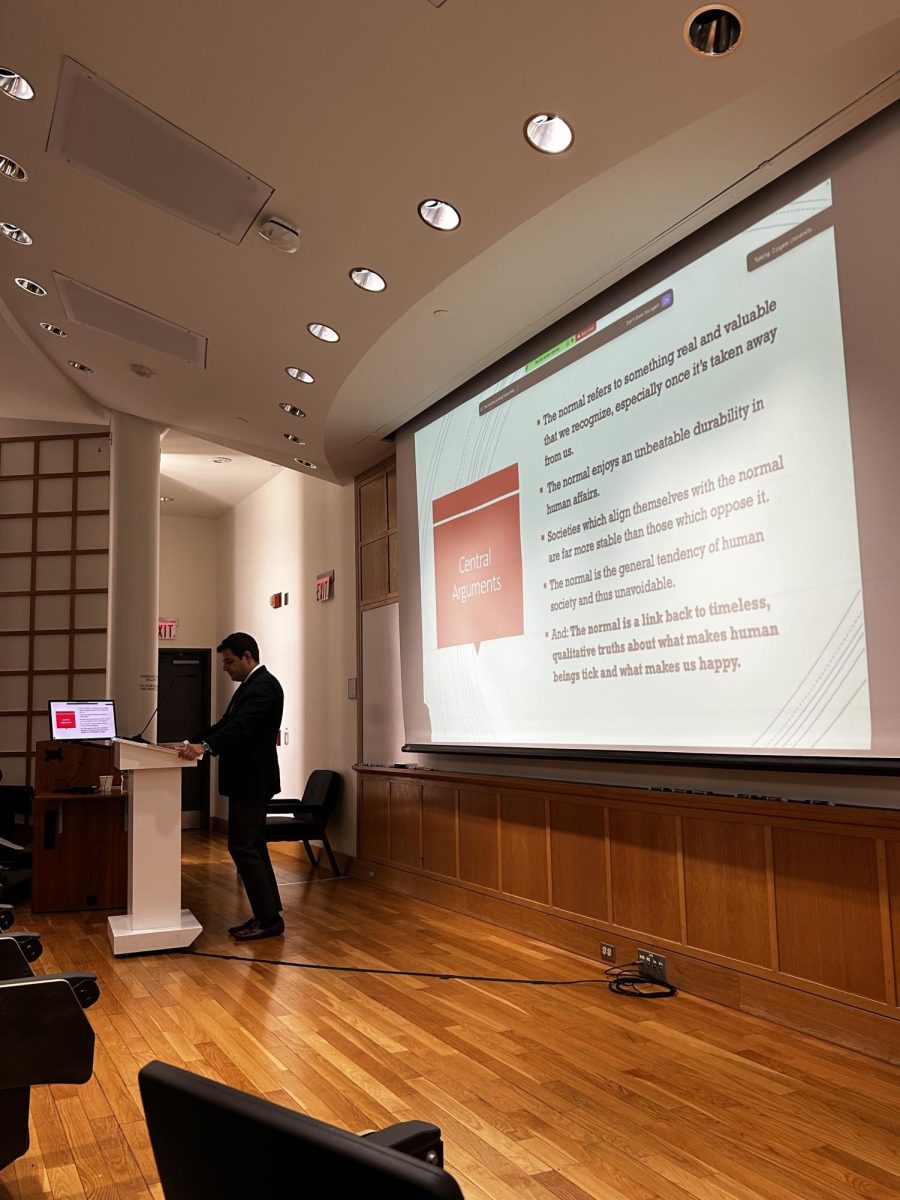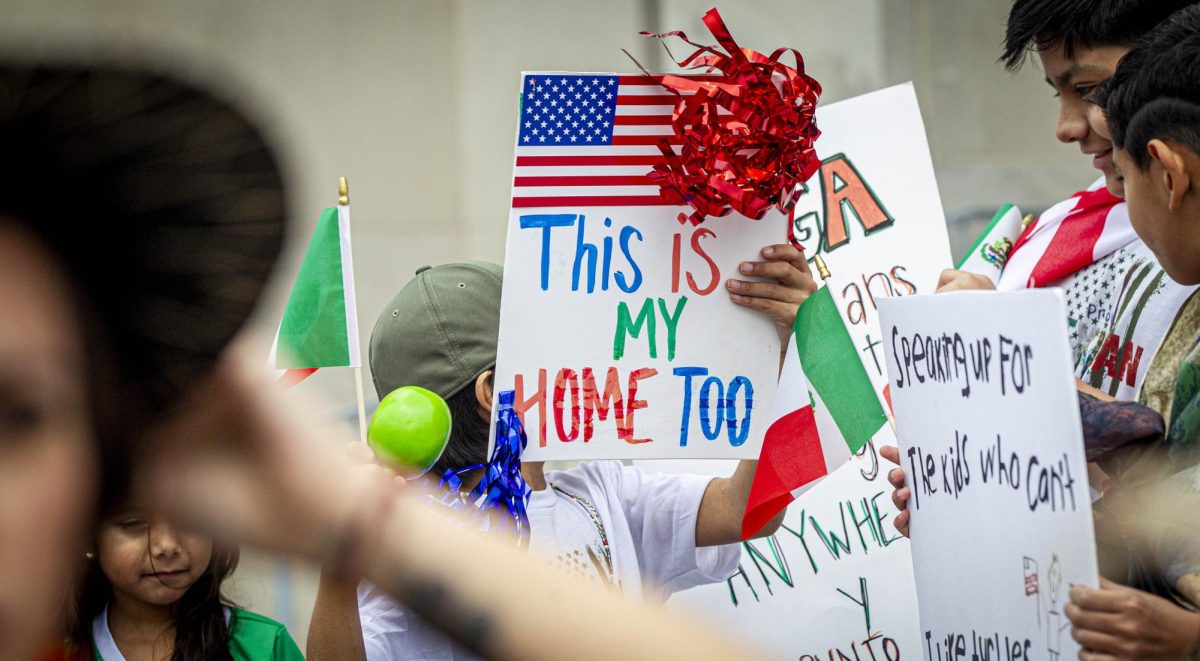The Republic of South Africa filed a landmark application on Dec. 29, 2023, for proceedings against the state of Israel through the International Court of Justice (ICJ). South Africa contended that Israel had violated obligations under the Convention on the Prevention and Punishment of the Crime of Genocide, namely, that “acts and omissions by Israel […] are genocidal in character,” citing “specific intent […] to destroy Palestinians in Gaza.”
Just four weeks later, on Jan. 26, 2024, the ICJ released its ruling on the provisional measures requested by South Africa to curb Israel’s actions. While the ruling undoubtedly marks a watershed in the Israel-Hamas war, there are some who may point out that the case against Israel bears a resemblance to the 1993 ICJ case in Bosnia and Herzegovina. This, if true, bears a multitude of disturbing implications.
The provisional measures requested by South Africa encompass a range of demands to limit Israel’s present behavior in Gaza. These include the suspension of all military operations in Gaza, the prevention of further genocidal action and an immediate cease to all harms imposed upon Palestinians. These provisional measures may be understood as a precursory demand for action before the court’s official verdict. As is the case with many judicatory decisions, the official verdict might not be released for some time.
The provisional measures approved by the ICJ chiefly comprise the following: the state of Israel does everything in its power to prevent the killing of Palestinians, limits the destructive conditions in Gaza, aims to prevent genocide and provides humanitarian assistance to those suffering in the area. Following the provisional ruling, critics worldwide were quick to point out that the court did not call for an immediate ceasefire — an order that some journalists felt would be necessary for a more certain peace.
It is this crux that I believe particularly bears a resemblance to the case in Bosnia over thirty years ago. In 1993, the Republic of Bosnia and Herzegovina called for proceedings against the Federal Republic of Yugoslavia via the ICJ. Like the present case, the proceedings alleged violations of the Genocide Convention. And, like the present case, provisional measures were approved by the ICJ calling for an immediate end to any and all genocidal activity.
But decades have passed since the genocide in Bosnia, and consequently, we can gauge the impact of the ICJ’s preliminary ruling. Although the ICJ issued the aforementioned provisional measures — which possess the force of law — the killing in Bosnia did not stop. The massacres in Srebrenica and adjacent regions continued. By 1995, thousands of citizens had been killed.
The events in Bosnia and Herzegovina have since been solidified in international memory as tragic and devastating. Many individuals and organizations, such as Human Rights Watch, have memorialized the Bosnian genocide as a horrifying case wherein the international community was unresponsive to an atrocity that ought to have been quelled with immediacy.
It is no secret that the International Court of Justice lacks sufficient power to enforce its decisions. It is a clearly recognized fact — the ICJ may create mandates with the force of law, but their authority does not go beyond this point. If we are to learn from Bosnia, we must recognize that the contemporary rulings with respect to Gaza have no greater authority than those granted thirty-one years ago. This is not just conjecture — Israeli Prime Minister Benjamin Netanyahu explicitly stated earlier this month that the military campaigns in Gaza would not be terminated.
Patterns within history cannot be ignored. Given that the international community’s response to the Israel-Hamas war has been thus far comparable to the trajectory of responses in 1993, we must recognize that the ICJ’s ruling is progress, but only in a relative sense. The actions of the state of Israel will continue insofar as the ICJ’s ruling remains unsubstantiated by any mechanism for enforcement.
















